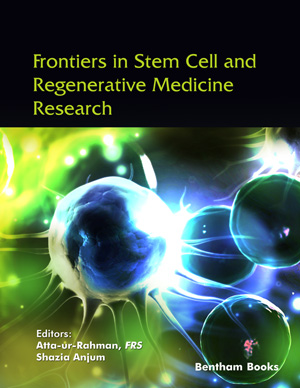Abstract
The successful establishment of human embryonic stem cell (hESC) lines has raised high expectation for their future applications. The major focus of hESC research has been on their potential use in replacement therapies. However, the most immediate application of hESCs may be in establishment of humanised in vitro tests, which have potential to reduce problems of interspecies variations in safety assessments. Improved prediction of human hazard would increase patient safety and reduce the number of laboratory animals needed for toxicological and safety pharmacological testing, leading to improved efficiency of drug discovery and development in term of cost and time. The current review describes some of the newest research programmes on the use of hESCs for safety evaluations of conventional drugs. It provides an overview of the possible impact of hESCs and their derivates on regulatory drug safety assessments and discusses the potential effects on the product pipeline organisation. The review additionally summarizes initiatives in establishing quality criteria for hESC expansion and differentiation. Such criteria are necessary in order to achieve high standardisation and throughput of pharmacological and toxicological tests. Finally, it will discuss the actions needed to scientifically prove the relevance and reliability of safety tests based on hESCs.
Keywords: Human embryonic stem cells, drug discovery, drug development, validation, safety pharmacology, toxicology











